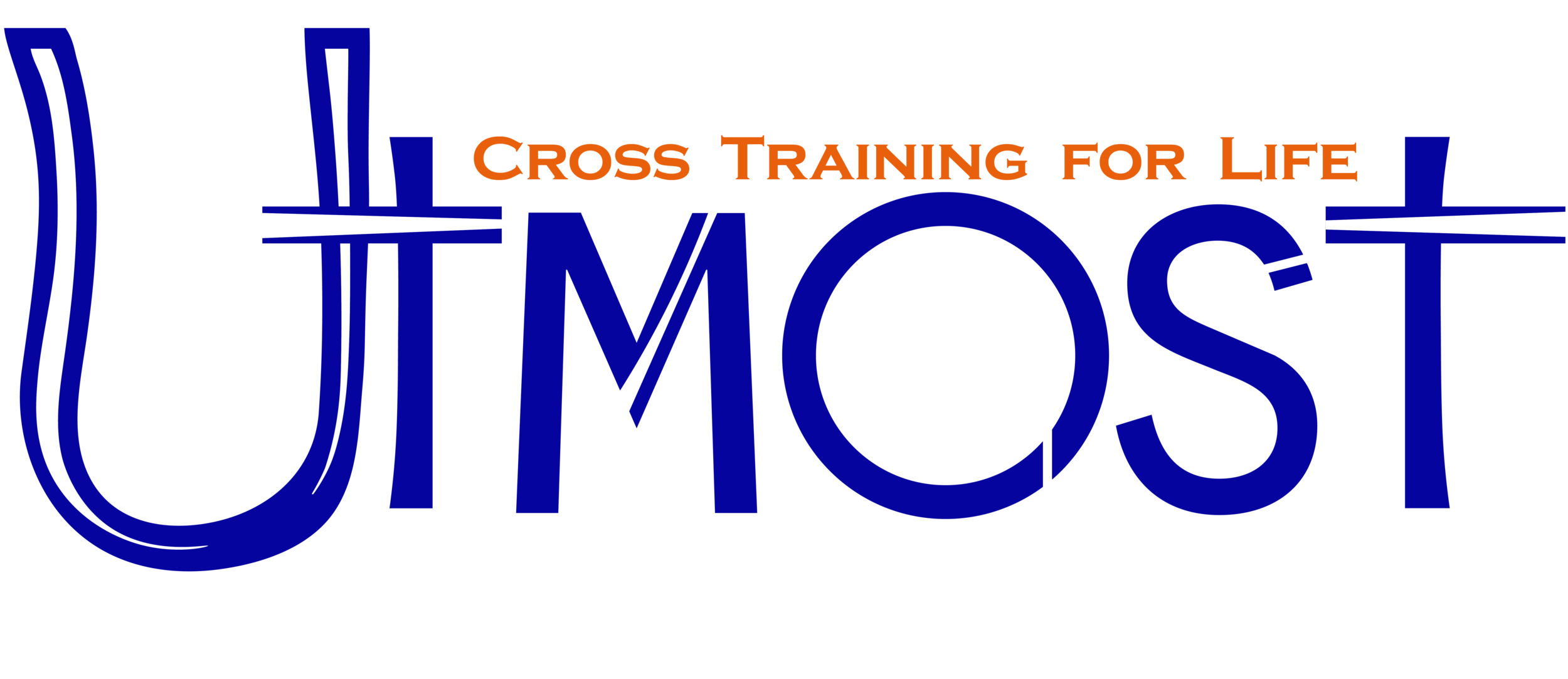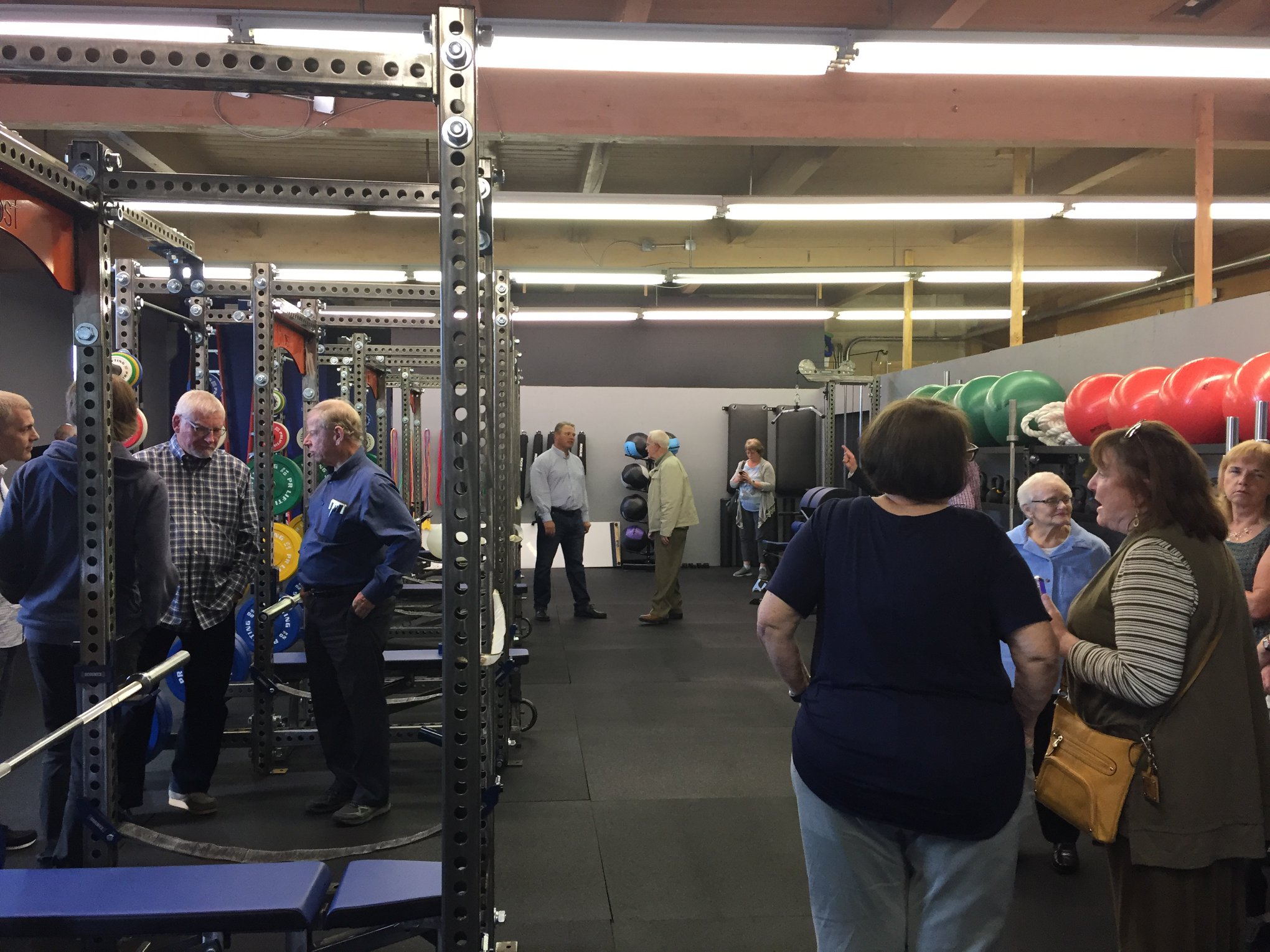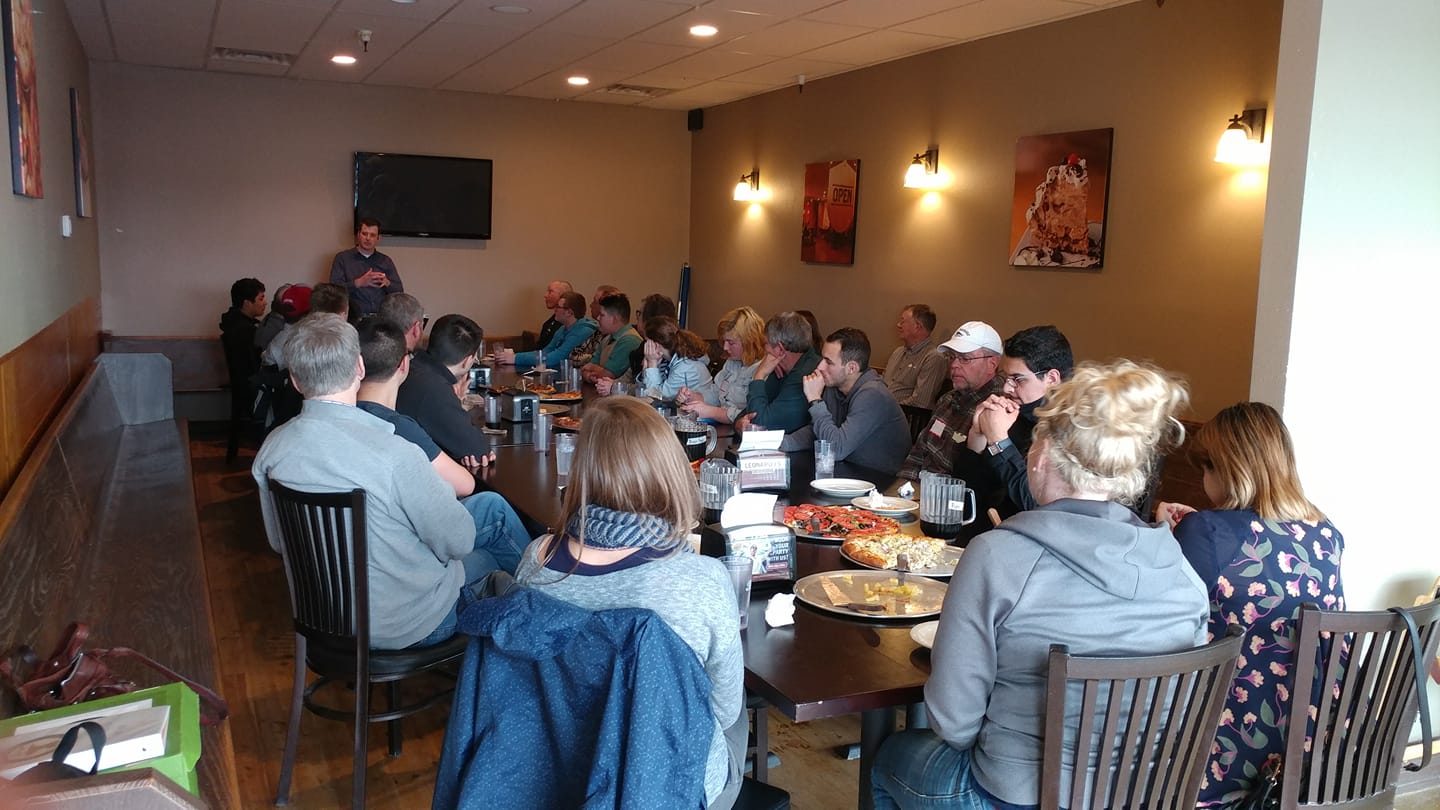5 Things Your Grant Writer Doesn't Do
Matthew Overton
Part of the reason that I have been able to build the ministry enterprises that I have is because very early on I found funding by finding a grant writer. I asked her to write a post for me describing her experience as a grant writer. A good deal of that experience has been frustrating. She however is amazing. If you are going to fund a Kingdom based ministry enterprise you are going to need startup funding. I had no donors and my church couldn’t fund my startup. I needed grants and someone to write them given my schedule. You will need grants at some point. Learn what not to do.
Spoiler alert: This is not a positive post. After working with a number of new nonprofits as a grant writer, I have learned a thing or two about what it takes to grow a nonprofit and fund a dream. I want to tell you all the things you shouldn’t expect of a grant writer if you want to be successful in garnering funds to fulfill what I can only assume are brilliant plans and ideas!
But first, a little about me.
I got started writing grants on accident. I was driving with a friend and her aunt to go back-to-school shopping when her aunt handed me some paperwork from the front seat. She said, “How are you at editing?” Editing had been a great skill of mine and I loved writing, so as a 14 year old, I took a stab at it and edited my first grant on the way to Ross Dress For Less. Overwhelmed by the fact that this grant kept asking the same question over and over, I asked for some advice. I’ll never forget her words from the driver’s seat, “You have to repeat yourself so many times! That’s basically the heart of a great grant...repeating yourself better every time.” She was a parent on the PTO and was looking for funding to replace a lot of equipment in the dated elementary school. Because of her dedication and relentless efforts for this project, she was successful. From this experience, I learned the countless hours required to retell a story six different ways and convey the same overall message in a way that grant boards want to give you funds. I also learned the amount of energy the head of a nonprofit has to be willing to put into a dream to bring it to fruition. Six months after that car ride she was awarded $120,000. I was so impressed and felt so invested in her project that I spent my summer earning community service hours assisting her with completing her projects around the school.
Flash forward a couple decades. I have now written and been awarded over $150,000 in grants for new nonprofits. I also bankrolled my entire undergraduate education and much of my master’s degree by writing educational grants for myself. I have aided former students in writing private scholarship grants and have been awarded $15,000 in this realm. It would be easy to give you a long list of positive things which I have learned from grant writing: patience, vocabulary, communication skills, gratitude. However, while there is a wealth of value in these skills, I think there is even more worth in telling you all the things which you should not expect of a grant writer (i.e. all the things your grant writer is NOT). If you are looking to hire some help in funding your dream, heed my advice and know the following:
1. Your grant writer is not your secretary
Do not expect the grant writer to send follow up emails about grants you have applied for, ask for scores after rejections, call and inquire about what needs to be done to improve the application, etc. Your grant writer has one job: Write your grants. Your grant writer is a storyteller, not a detective. They are working by the hour. If you want them to do these extra tasks, expect to pay them for their services.
2. Your grant writer is not a consultant.
Time is money. Time should also be respected. They are making their living by writing for you. Unless you are explicitly paying them for consulting fees, you cannot expect them to bestow their wealth of knowledge and experience on you for free. It is like asking your friend who leases a chair at a salon to cut your hair for free. It is like asking your friend who works extremely hard and is qualified to be compensated for their time, for the inside hook up. It is insulting. If you want your grant writers time and attention, pay for it.
3. It is not your grant writer’s job to be the face of your organization.
If you want a large grant foundation to invest in you, you have to set up meetings with granters. You have to go to their office and give your elevator pitch. You have to be willing to beat down the door for years at a time, brag about all the great work you are doing, and have the guts to go back even when they say no the first, second, or third time. A granting organization WILL want to talk to the director or person in charge of programs before granting funding. If you do not have time for them, you do not have time for their money.
4. A grant writer cannot fulfill pipe dreams.
If you want to be the Kingdom of Heaven on earth, or even make a difference in your community, you have to put in work. You have to give your life to follow after that vision. If you have no short term vision, but only a long range multi-million dollar dream, you probably are not going to get that far. Grant boards want to fund projects that make sense and have a story. You cannot jump from square one to building Rome in a day. Your first grants will not be for six figures. They will likely be for less than five figures. They will fund smaller projects or the purchasing of equipment. Maybe by year three you’ll be touching on five or six figures. Regardless, you have to WORK that dream. Don’t quit your daydream, but be realistic. Building a nonprofit is a lot like building a business. Ask the founders of any modern company if they worked 9-5 and built an empire. I guarantee the answer is no. A grant writer is only as strong as the nonprofit leadership that stands behind them. If you want to build the dream, you have to wake up every day and lay the pipe.
5. Leave your pride at the door
If you’re not willing to ask your friends and family to buy into your nonprofit, you don’t want it bad enough. The majority of nonprofit organizations I have worked with are backed at the core by the people who saw their dream first and believed in it. In many of these circumstances, it is friends and family. It is friends of friends. It is colleagues (cause, yes, many nonprofit directors still work a full time job!). It is church members. It is the business down the street that heard how awesome your nonprofit is and is looking for a worthwhile tax write-off. A well-funded nonprofit is a thoughtful and intentional network of people all dying to tell each other about the awesome work the nonprofit is doing. All of these little and big donations add up to incredible matching funds. They enable you to go to a large grant foundation and say, “Look at all the people who believe in us! This is why you should believe in us and fund our work too!” If you are too prideful or too afraid to ask your friends and family to back your dream, do not expect strangers to give you time for an elevator pitch.










